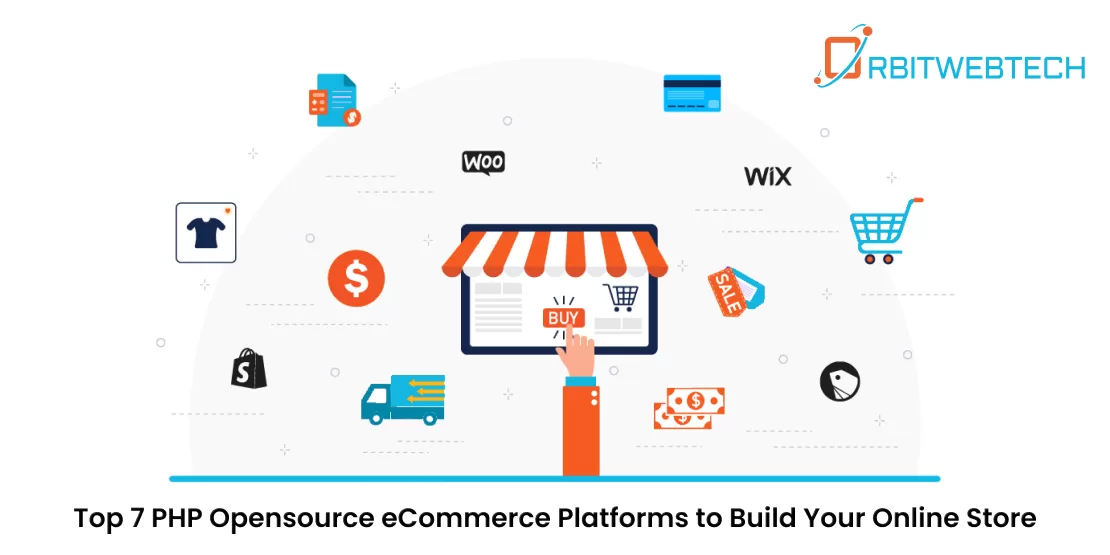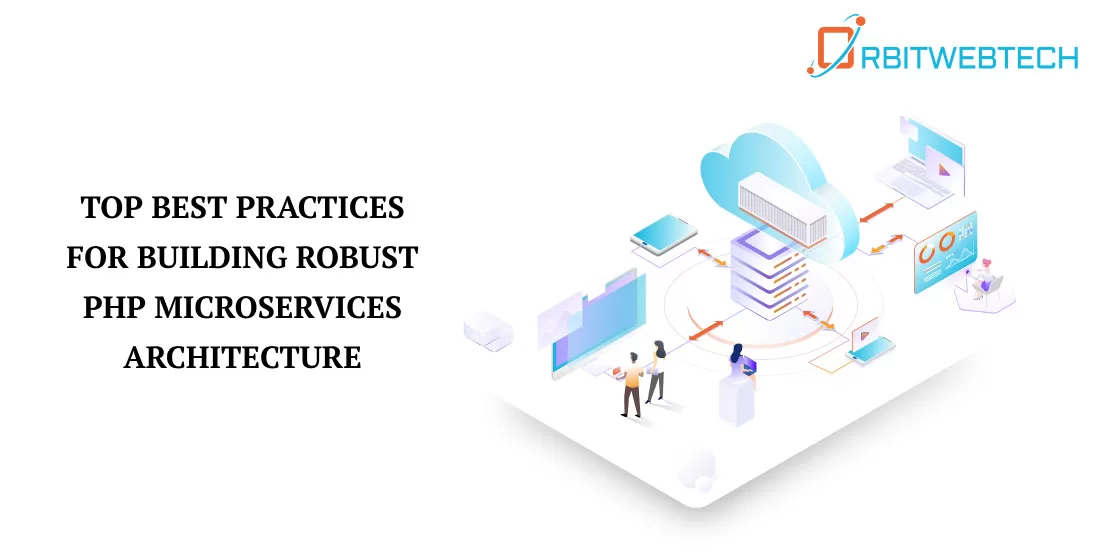
The eCommerce landscape continues to evolve, offering businesses unparalleled opportunities to reach a global audience. Whether you’re launching a new eCommerce shop website or upgrading an existing platform, selecting the right foundation is critical. PHP-based open-source eCommerce platforms remain a top choice due to their cost-effectiveness, flexibility, and strong community support.
With numerous options available, how do you determine which platform best suits your eCommerce business? This guide explores the top PHP open-source eCommerce platforms, helping you make an informed decision for your eCommerce website development journey.
How to Choose the Best Open Source eCommerce Platform
Before diving into specific platforms, it’s essential to evaluate your business needs. Here’s what you should consider:
Identify Your Business Needs
- Determine whether you are building an eCommerce website for a small shop or a large-scale marketplace.
- Decide if you need multi-store functionality, advanced marketing tools, or simple product management.
- Consider long-term scalability and ease of integration with third-party tools.
Check User-Friendliness
- Choose a platform with an intuitive admin panel for easy product and order management.
- Evaluate the learning curve and whether your team can use it efficiently without extensive training.
Evaluate Scalability and Customizability
- Ensure the platform can handle increased traffic and expanding product catalogs.
- Check for plugin availability and third-party integrations to extend functionality.
Analyze Payment Modes
- Look for platforms that support multiple payment gateways such as PayPal, Stripe, and crypto.
- Ensure the platform provides secure transactions, fraud prevention, and PCI DSS compliance.
Test Customer Support & Community Help
- Active developer communities and forums can help with troubleshooting issues.
- Some platforms offer premium customer support, consider whether it is worth the investment.
With these factors in mind, let’s explore the top PHP open-source eCommerce platforms available today.
Top 7 PHP Open Source eCommerce Platforms
WooCommerce (WordPress-based)
WooCommerce remains the most popular PHP-based eCommerce website builder, especially for WordPress users. It is easy to install, user-friendly, and offers a vast ecosystem of plugins and themes. It provides flexibility and affordability, making it ideal for entrepreneurs and small businesses looking to start an online store quickly.
Key Features:
- Seamless WordPress integration
- Extensive plugins for SEO, marketing, and payment processing
- Mobile-responsive themes and templates
Pros:
- Highly customizable with WordPress themes
- Strong SEO capabilities for organic growth
- Cost-effective for startups
Cons:
- Heavy reliance on third-party plugins
- Performance issues on large-scale stores without optimization
Magento Open Source (Adobe Commerce)
Magento Open Source is a robust eCommerce platform designed for large businesses that require high customization and scalability. It provides enterprise-level functionalities, making it perfect for complex eCommerce businesses with a high volume of transactions and diverse product offerings.
Key Features:
- Advanced inventory management
- Multi-store functionality
- AI-driven product recommendations
- Built-in B2B features for wholesale selling
Pros:
- Highly scalable for growing businesses
- Strong security and built-in performance optimization
- Comprehensive analytics and reporting
- Large developer community for support
Cons:
- Requires a steep learning curve and technical expertise
- Resource-intensive, demanding high server capabilities
OpenCart
OpenCart is an easy-to-use PHP eCommerce platform known for its lightweight structure and extensive marketplace. It is ideal for small and medium-sized businesses looking for a free and feature-rich solution.
Key Features:
- Simple setup and installation
- Multi-store support
- Over 13,000 extensions
- Built-in affiliate program for marketing
Pros:
- Cost-effective with minimal server requirements
- Wide range of themes and extensions
- User-friendly dashboard
- Supports multiple languages and currencies
Cons:
- Limited built-in SEO features
- Requires extensions for advanced functionality
PrestaShop
PrestaShop offers a modern UI and a strong community-driven approach, making it a great choice for growing businesses. It balances ease of use with powerful eCommerce features, making it accessible to merchants of all levels.
Key Features:
- Mobile-optimized store designs
- Built-in marketing and SEO tools
- Multi-language and multi-currency support
- Strong analytics and reporting tools
Pros:
- Intuitive admin panel
- Strong community support
- Affordable with a good range of built-in features
- Highly customizable with thousands of modules
Cons:
- Limited scalability for large businesses
- Requires technical knowledge for deep customizations
osCommerce
osCommerce is one of the oldest PHP eCommerce platforms, offering a simple yet effective solution for smaller businesses. It provides a flexible framework that allows businesses to customize their online stores to fit their needs.
Key Features:
- Large plugin repository
- Extensive community support
- Simple product and order management
- Secure checkout options
Pros:
- Free and open-source
- Easy setup and customization
- Large library of third-party add-ons
Cons:
- Dated UI and design
- Requires frequent updates and maintenance
Zen Cart
Zen Cart is a flexible PHP-based eCommerce platform known for its security and customization options. It is particularly well-suited for developers who want full control over their store’s design and functionality.
Key Features:
- Strong security features
- Multiple payment options
- SEO-friendly URL structures
- Customizable checkout process
Pros:
- Highly customizable for developers
- Secure transaction processing
- Well-documented for DIY enhancements
- No subscription fees
Cons:
- Requires technical expertise
- Outdated default design
Drupal Commerce
Drupal Commerce integrates seamlessly with the Drupal CMS, making it an excellent choice for businesses that rely heavily on content marketing. It provides a flexible and scalable solution, allowing businesses to manage both content and commerce efficiently.
Key Features:
- Powerful API integrations
- Customizable product management
- SEO-optimized framework
- Advanced content management capabilities
Pros:
- Highly flexible for complex eCommerce solutions
- Strong security and user permission control
- Excellent for content-rich websites
- Scalable for large businesses
Cons:
- Steep learning curve
- Smaller plugin marketplace compared to competitors
Conclusion
Building an eCommerce business requires a reliable and flexible platform. Whether you’re looking for an easy-to-use solution like WooCommerce, a scalable enterprise-grade platform like Magento, or a customizable system like Drupal Commerce, PHP open-source platforms offer the versatility needed for long-term success.
For businesses looking to build an eCommerce website with expert guidance, Orbitwebtech, the best web development company in the USA, offers top-notch solutions to help you create a high-performing online store tailored to your needs. Get in touch with Orbitwebtech today to bring your eCommerce vision to life.


